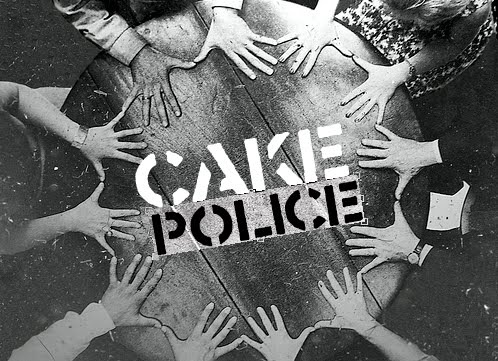In their report on the National Adult Literacy Study, the US Department of Education identifies a class of adults who although they do not meet criteria for functional illiteracy, nonetheless face reduced job opportunities and life prospects due to inadequate literacy levels relative to the requirements of contemporary society. A study by the Jenkins Group has shown that millions of Americans never read another book after leaving school.
A five-year, $14 million study of U.S. adult literacy involving lengthy interviews of U.S. adults, the most comprehensive study of literacy ever commissioned by the U.S. government, was released in September 1993. It involved lengthy interviews of over 26,700 adults statistically balanced for age, gender, ethnicity, education level, and location (urban, suburban, or rural) in 12 states across the U.S. and was designed to represent the U.S. population as a whole. This government study showed that 21% to 23% of adult Americans were not "able to locate information in text", could not "make low-level inferences using printed materials", and were unable to "integrate easily identifiable pieces of information."
The study detailed the percentages of U.S. adults who worked full-time, part-time, were unemployed, or who had given up looking for a job and were no longer in the work force. The study also reported the average hourly wages for those who were employed. These data were grouped by literacy level — how well the interviewees responded to material written in English — and indicated that 40 million to 44 million of the 191 million U.S. adults (21% to 23% of them) in the least literate group earned a yearly average of $2,105 and about 50 million adults (25% to 28% of them) in the next-least literate of the five literacy groups earned a yearly average of $5,225 at a time when the U.S. Census Bureau considered the poverty level threshold for an individual to be $7,363 per year.
A follow-up study by the same group of researchers using a smaller database (19,714 interviewees) was released in 2006 that showed no statistically significant improvement in U.S. adult literacy. These studies assert that 46% to 51% of U.S. adults read so poorly that they earn "significantly" below the threshold poverty level for an individual.
During the same period, the World Factbook prepared by the CIA claimed that the United States had a 99% literacy rate, based on census data.
http://en.wikipedia.org/wiki/Literacy_in_the_United_States
http://en.wikipedia.org/wiki/List_of_countries_by_literacy_rate

http://en.wikipedia.org/wiki/Child_pornography
ReplyDelete